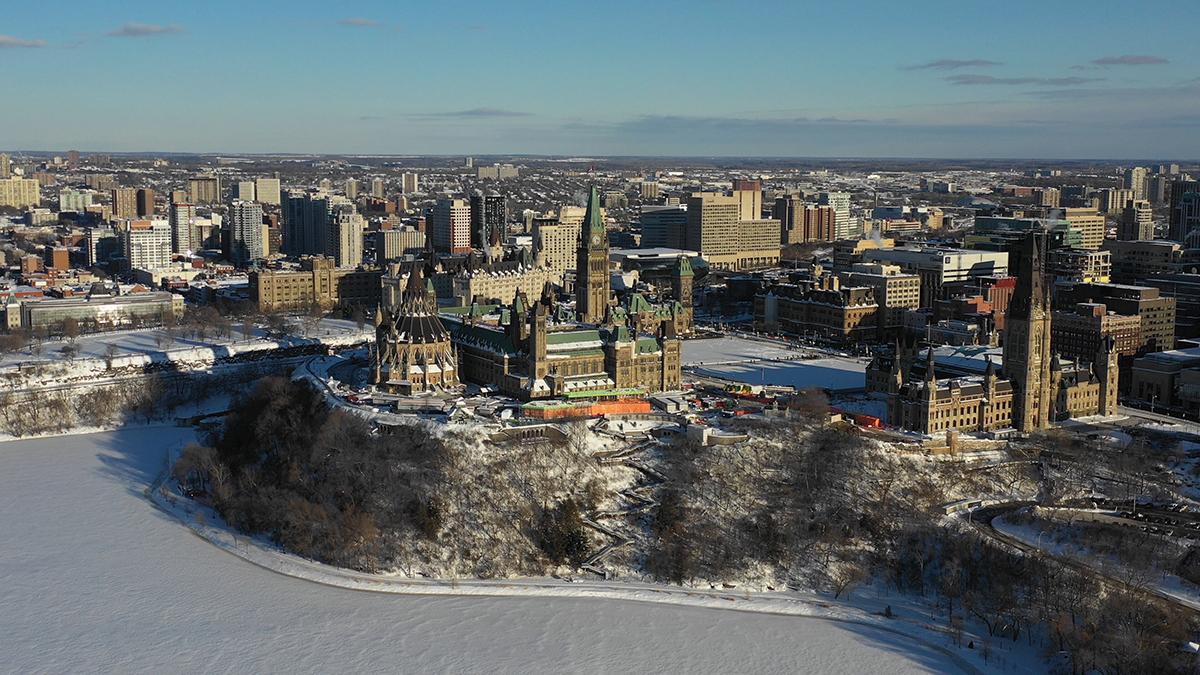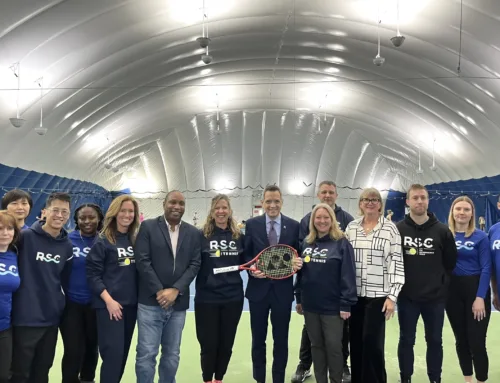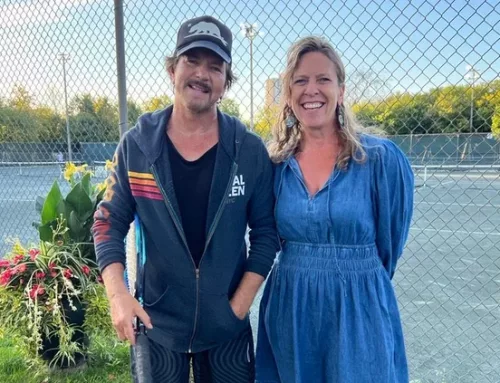Restrictions imposed Jan. 5 will be relaxed as of Jan. 31 so that restaurants, bars, gyms and other venues that had to curtail indoor activities entirely can re-open at half-capacity. Sporting events, concert venues and theatres will be allowed to operate at half-capacity or 500 people, whichever is less. Proof of vaccination will be required in these settings.
Ottawa restaurant owners said Thursday they welcomed being allowed to reopen their dining rooms at half-capacity Jan. 31, but worry the Omicron surge and governmental responses to it could spook customers into staying home regardless.
“I think it’s going to take a long time to reset peoples’ views that have been hammered away at by the government, that going out is risky or even irresponsible,” said Dave Longbottom, owner of Flora Hall Brewing in Centretown.
“I fervently believe that the repeated singling out of hospitality has undermined public confidence in these businesses,” Longbottom said. “This is unwarranted given the track record of the responsible operators in our great city these past two years.”
Ontario Premier Doug Ford said Thursday morning the latest pandemic metrics — including the positivity rate, hospital admissions and time spent by COVID-19 patients in hospitals — show the worst of the Omicron surge that began last month is over.
“The measures we put in place to blunt transmission of Omicron are working … we are now in a position to cautiously and gradually ease public health measures,” Ford said.
Restrictions imposed Jan. 5 will be relaxed as of Jan. 31 so that restaurants, bars, gyms and other venues that had to curtail indoor activities entirely can re-open at half-capacity. Sporting events, concert venues and theatres will be allowed to operate at half-capacity or 500 people, whichever is less. Proof of vaccination will be required in these settings.
Also, limits on social gatherings will be increased to 10 people indoors and 25 people outdoors. The province is to continue relaxing restrictions every three weeks, such that Feb. 21 and March 14 have been set as dates when public health measures may next ease.
“While February will continue to present its own challenges, given current trends these are challenges we are confident we can manage,” Ford said.
Last fall, restaurateurs felt there was pent-up customer demand when the province reopened and allowed full-capacity business before the Omicron variant’s arrival.
“Momentum was building at the end of 2021,” Longbottom said. “We were back to 75 or 80 per cent of our pre-pandemic business.”
But the upcoming reopening, which coincides with a traditionally quiet month for restaurants, with the exception of Valentine’s Day, is not inspiring optimism that guests will return.
“I’d love to say we’re going to have lineups and be back to normal, but I think that would be magical thinking. Really, I don’t know,” said Ron Shrybman, owner of the Elgin Street Diner.
Shrybman said he has had the worst January since the diner opened nearly three decades ago and noted that Winterlude, which “was going to be our saviour,” was cancelled this month due to COVID-19 concerns.
Restaurateurs are also frustrated the reopening will be Jan. 31, rather than on the Friday prior or even Jan. 26.
“I would love to see the science that we must wait till Monday,” Longbottom said. “It’s just one weekend, but it underlines my frustration.”
“We were expecting we would be opening Jan. 26. We were expecting there would not be any capacity restrictions,” said Gillian Martin, general manager of Mongolian Village West, a buffet restaurant in Bells Corners.
“We had hoped that the staged opening would start earlier,” agreed Brian Montgomery, owner of Oat Couture Oatmeal Cafe and Montgomery Scotch Lounge.
Longbottom said that, while he agreed with the large-scale comprehensive lockdown when the pandemic began, he didn’t support more selective shutdowns of certain businesses.
“Closing little bits and pieces of the economy without providing any evidence that it’s meaningful seems to be politics and signalling. But it carries a heavy price for the people that are affected,” Longbottom said.
He added he did not favour “a free and wild abandonment” of pandemic safety measures. “But we were operating very safely and so were most of the bars and restaurants in the city. There was no reason to single us out,” he said.
John Diep, chef and owner of Shinka Sushi Bar on Laurier Avenue, said he saw no point in reopening his dining room at half-capacity, as he could seat just 10 customers while losing production capacity for his now-thriving takeout business.
Along with some other small restaurants, Shinka pivoted to takeout in March 2020 and never reopened its dining room.
“We never know what’s going to happen — reopen, close, reopen, close,” Diep added. “Until they lift all the restrictions, we have no choice to keep it as it is, as takeout only.”
The ongoing personnel shortage that all restaurants face also makes staffing a dining room harder, Diep said.
At his media conference, Ford implored Ontarians to support restaurants. “I encourage you, please take a night out at least once a week and go to local restaurants, take out or sit inside. I understand the pain they’ve gone through.”
There was no shoutout for theatres, though. And Lee Demarbre, owner of the Mayfair Theatre on Bank Street, said he needed to know if he’d be allowed to sell popcorn when the Mayfair reopened.
“It’s not really worth being open otherwise,” Demarbre said. “It’s almost like the people making the decisions aren’t experiencing the new normal.”
Noting that most of December his theatre did lousy business, Demarbre said: “People were just scared to go out when Omicron became a thing.”
Looking ahead, he said: “Are people ready to leave the house yet? Our main demographic is seniors. We’ll see.”
More optimistic was Carrie Cuhaci, director of sales and marketing at the Rideau Sports Centre, a pay-as-you-go fitness facility on Donald Street.
She said her centre’s fitness and yoga classes were full last fall, as were its tennis courts. The centre’s restaurant hosted birthday parties, baby showers and celebrations of life that had been put off during the pandemic — “everything that people had missed for the last two years,” she added.
It bodes well that this month the centre’s regulars played snow tennis and took virtual fitness classes, Cuhaci said.
“I absolutely think people will be back,” she said. “People are very keen to get back and reconnect.”







